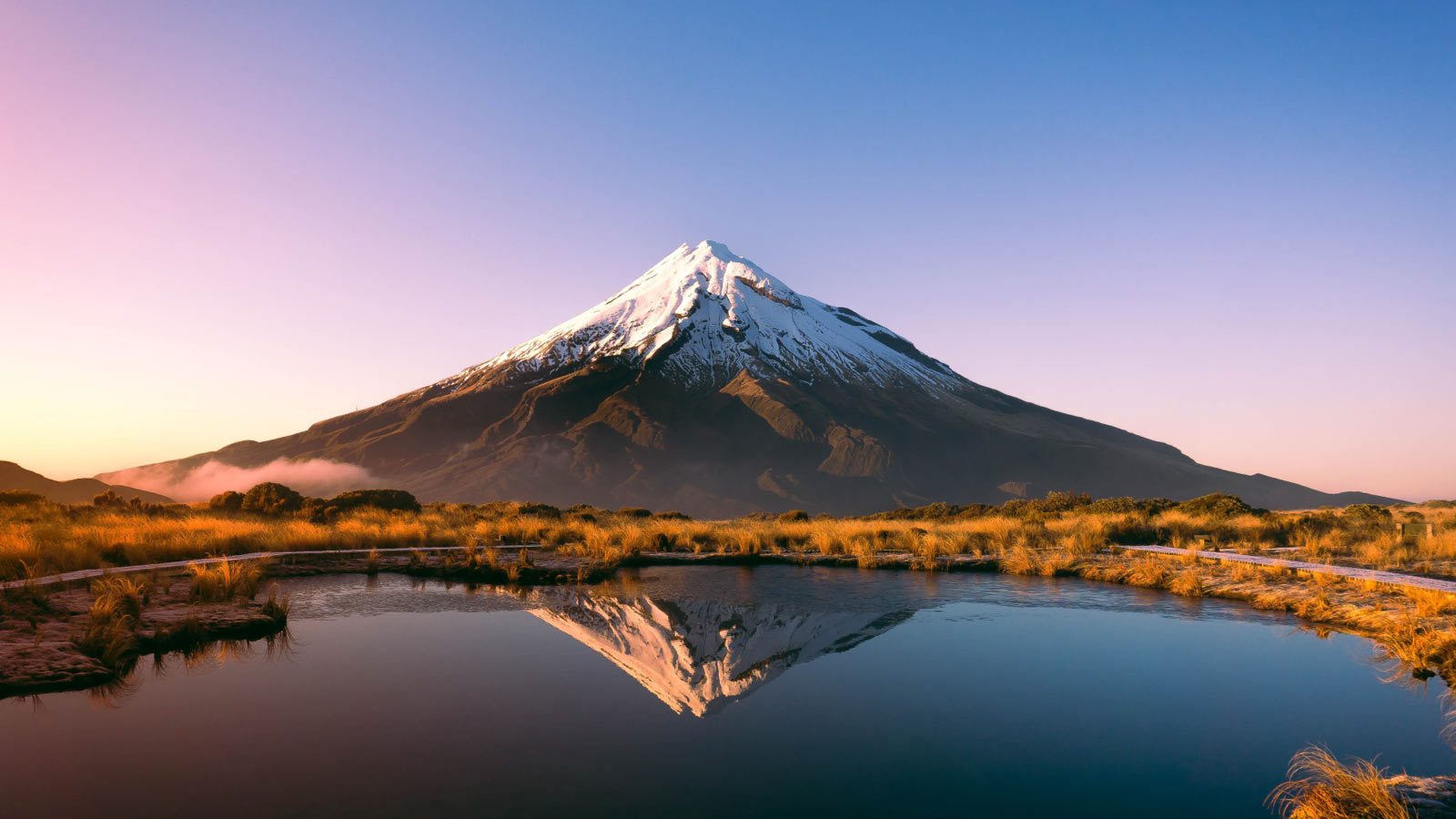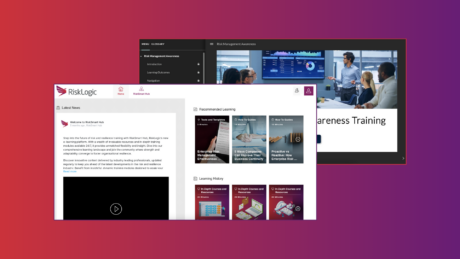-
Url copied to clipboard.
New Zealand is not as isolated as we first hoped.
A few weekends ago, I found myself enjoying another beating of the Auckland Blues professional rugby team by my Christchurch Crusaders. There are few things as satisfying as a fresh night out with some family, beers, and hot chips. It is made more special when you can share this with 18,000 fellow Kiwis.
This coming weekend, however, it’s looking increasingly unlikely the final game of the season will be held.
In not so recent times, live sport was a commonly shared experience the world over – nothing special. But on this evening, there was something sobering about being the only 18,000 people on earth enjoying live sports that night.
I feared that the accessibility of normality we all rightfully worked towards here in New Zealand had become a risk to our planning and preparation of a potential second wave.
Where we believed we had contained and managed the outbreak, we’ve become complacent to the wider struggles and risks that were bubbling up, perhaps even contributing to the final blow for many small businesses.
Where did I get this assumption from?
My experience in both the resilience world, as well as the tourism sector allows me to see assumptions that make most feel good about the situation we are currently in. Coupled with the relations I have with family and business partners in the UK, US, Australia, and parts of Europe, it is a very different vibe to what we are telling ourselves here in New Zealand
Where we see the glass half full, many of these countries do not even know where the glass is anymore.
We are in a Kiwi shaped glasshouse
Prior to the break-in our 102 days of COVID free-living, things were pretty good. Live sports, venues, public gatherings, pubs, cinemas – they were all deemed open and good to go.
Businesses found themselves crawling back with some domestic spend being up 42% than predicted post-lockdown. “Buy local campaigns” are in full effect (given that most businesses relied on tourism here) and deals were in full flow.
We were relying on each other to keep things moving, but did this make us blind to what the rest of the world is going through?
Given that Auckland is now in Level 3 lockdown and New Zealand in Level 2, people are angry and frustrated, we seem to be going backwards. But are we?
The Prime Minister ensures us, “we have a plan”. I believe having a plan is half of it, not being complacent and allowing our pride to cloud the possibility of a second outbreak is the other half.
Contact tracing, social distancing measures and regional/localised requirements are still in strict effect in places like Asia. But here in NZ, a man who just wants a snack could easily walk out of quarantine. With such effort and sacrifice to successfully navigate the Level 4 lockdown, it’s easy to see why this man became New Zealand’s most wanted.
Economists the world over are warning of the impending economic storm gathering while loan advisers, house sales and retail are trying to paint a different picture. Huge, significant economic powers, like the US, have thrown in the towel. They are relying on a vaccine that has no due date (specifically Donald Trump who needs a lifeline for his November election campaign).
Kiwis are notoriously complacent around events like this because we’ve been through a lot. We tend to refuse the likelihood of other crisis events when we’ve been through such dramatic ones already. I can say this with confidence after being front and centre for both a decent few Earthquakes, fires, cyber-attacks and terrorism (all in Christchurch City alone).
We can become disconnected from the rest of the world’s dramas very easily off the back of a staunch mentality. Our team still sees this weekly with clients remaining concerned on isolated events rather than eventualities.
Well, I’m not one of those people you might say. Good for you. I have spoken to some critical businesses who say otherwise. And that is why I am concerned.
Why is it a risk to be complacent?
That’s probably obvious, and we should always stay positive where we can. But we must also look for risk in all the tight, hidden places.
“Who’d have thought at the end of 2019 we’d be going through something like a major pandemic” a recent client said on the phone to me. “well…we did!” I replied. We literally have a catalogue of potential crisis scenarios, and sorry to say folks, they’re all possible, any time.
“We actually got through it OK”
This was the comment after a short phone call with a government agency during my work in the resilience space. The positivity was strong with this one which on the surface was inspiring.
I asked how they would get on if it was isolated to just their business? What about if they had a cyber-attack during the lockdown? That is when the conversation took a turn.
This idea that we managed to isolate the virus and get the country back on track is one that is worth boasting about, but that’s now been crushed-so now what?
We should absolutely celebrate our response, but we need to talk about what is happening outside our little greenhouse. If we do not, we risk staying complacent to the ripple effects turning into tsunamis.
We are not in the new normal yet
I will finish by reminding you that we are not there yet. Just because New Zealand and many other small countries (notably Taiwan) has done well to contain the virus(arguing the point that small islands and low airport/ports helped significantly), we have not experienced what many are calling the new normal.
Now, only airports are closed which affects tourism. That is not normal, but it is not a new way of living – it just sucks.
No one knows what the new normal is going to be despite how much the experts will go on about it. We simply do not have enough evidence. Whatever it is, it will still sit alongside many other common crisis events.
Therefore, it is critical to plan for the worst and hope for the best.




